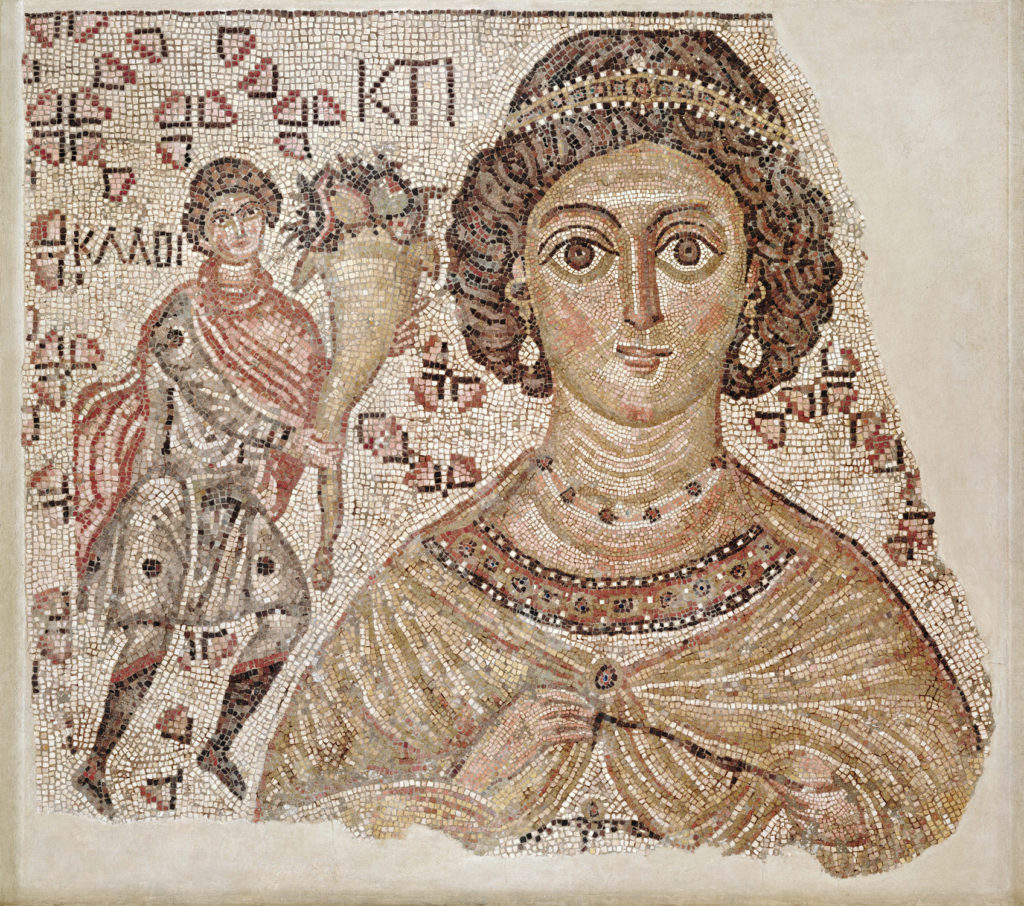
Right up to May 29th, 1453, the day Constantinople fell, the people of the Eastern Roman Empire considered themselves to be Romans.
They were correct to do so, as Rome in the East had maintained it’s half of the empire for 977 years after Roman rule in the West had ended. Yet these Romans were not the Romans of the Classical age; their culture was very different. Their land was Greek and their civilization was a blend of both Roman and Greek culture.
Constantinople, the capitol of the East, was the hub of trade routes spanning two continents which brought the influence of many other cultures as well. These were also the lands which first adopted Christianity.
For the last few centuries historians have termed the Eastern Roman Empire the Byzantine Empire to more accurately reflect how different the Eastern Roman from the 4th century onward was from the Rome that had existed before.
Culture in the Byzantine world was in many ways comparable to the modern world. One could go out to eat at a restaurant, visit the spa-like public baths to maintain good hygiene, go to the theater, enjoy races and public entertainments in the Hippodrome, attend lectures and schools, and borrow books at a library.
In Byzantium art and music was everywhere. Luxury goods and exotic foods and spices were available to all. Even in later years as the Empire became pressed on all sides culture and learning flourished.
Byzantine culture even survived the ending of the Empire itself; after the fall of Constantinople thousands of ex-patriots from the East returned to the West, bringing with them sciences and arts long lost in Western lands. This knowledge helped to start the Renaissance Era which was the beginning of the world we know today.
The restoration of Byzantine Culture is one of the main purposes of Byzantium Novum. We seek to renew the beautiful things which have been lost and mostly forgotten in hopes of a renewed Renaissance in our own time.
Byzantium Novum promotes May 11th as International Byzantine Day!
As part of the spirit of Ktisis, Byzantium Novum promotes charitable projects and encourages religious observances among its Citizens.
The renewal of Byzantine Culture is of vital importance to Byzantium Novum. We therefore support all cultural endeavors in areas such as :
- Language
- Art
- Culinary arts
- Philosophy
- History
- Military history
- Costuming
- Architecture and Engineering
- Daily life
- Medicine
- Commerce
We maintain a Byzantine Culture Discussion forum for Byzantium Novum Citizens.
If you are interested in helping out in any of these areas, contact us!